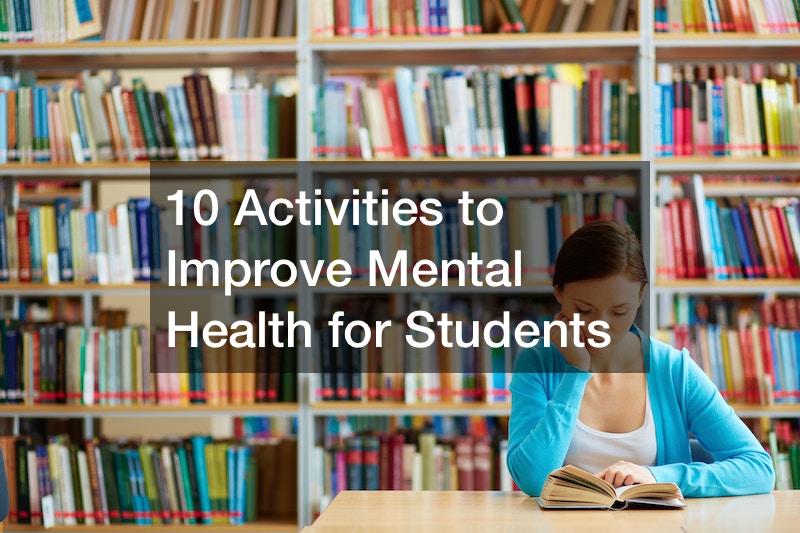body? Multiple studies have found an association between exercise and mental well-being. Perhaps students tend to be more active than other. However, mobile devices may seem to offer more entertainment. Therefore, you may have seek out ways to play without getting bored.
For example, you can find fun methods to engage in a sport like looking up the most popular golf courses in your local area and visiting with a few friends. You can also jog during the day and then play basketball with your pals and cycle around the area. Like taking a walk outdoors, nature walks can boost the production of hormones that ease stress like serotonin and dopamine.
3. Be a better person by getting to know Your neighbors
In spite of the fact that our society is now increasingly connected than at any time before yet, we’re becoming less and less connected. Although short periods of isolation could be beneficial to meditation and relaxation, prolonged periods of isolation can result in mental health issues. According to Tulane University, social isolation causes a host of negative outcomes, including:
Risk of stroke increases and coronary heart disease. 40 percentage more likely dementia. Sleep problems Suicidal thoughts
Social isolation can be reduced by connecting with friends. It will boost your mood and make you feel less alone. The student residence is the ideal spot to begin. At first, you may feel awkward but soon enjoy interacting with your neighbor students. It is possible to play games as a group, do volunteer work and even go for an outing.
4. Buy new clothing as well as accessories
Shopping can help you increase your mood. Although shopping alone will not alleviate depression, it might improve your mood if done in moderation. It is possible to suggest to your students that they go shopping at the store or at the eyeglasses since it can bring pleasure.
One study by the University of Michigan found that buying things that you need
iwowc6rin5.
